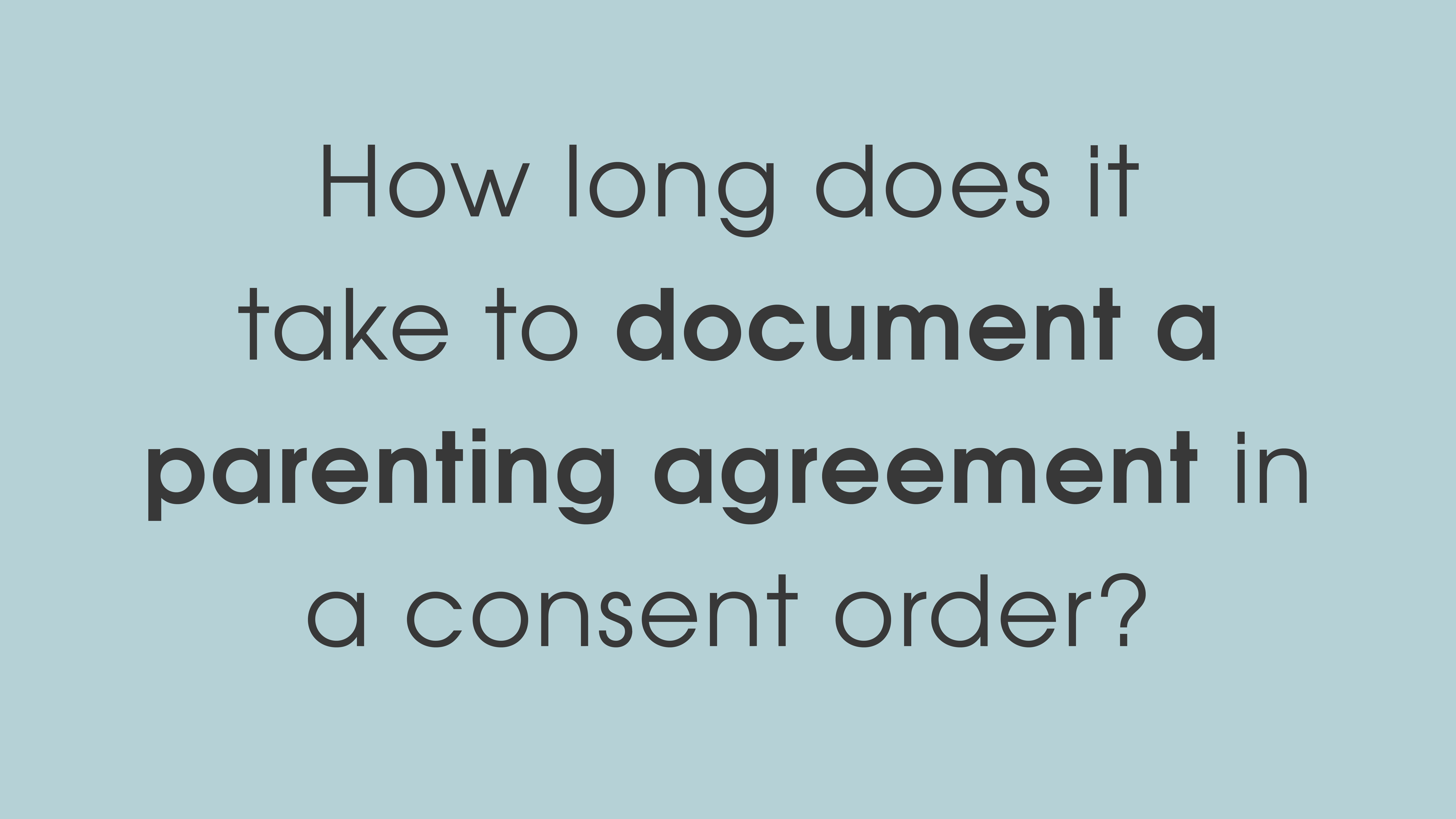What are the Rights in De Facto Relationships?

Married couples, those in a civil partnership and people living together in what’s known as a ‘de facto’ relationship have certain legal rights.
People in de facto relationships (including same sex couples) share many of the same legal rights as married couples. In this post, we’ll look closely at de facto relationship law. In particular, we will focus on your rights in a de facto relationship, including de facto relationship property rights and what happens to assets after a de facto relationship ends.
What is a De Facto Relationship?
A de facto relationship describes a relationship between two people who aren’t married but live together as a couple. In Queensland, de facto couples can register their relationship.
A de facto relationship is defined in the Family Law Act 1975. It requires that you and your partner (who can be of the same or opposite sex) have a relationship where you live as a couple together on a genuine domestic basis.
Your relationship is not defined as a de facto relationship if you are legally married to one another or if you are related by family.
If you’re unsure whether you’re in a de facto relationship, or require legal advice about your rights, then contact us.
What Rights Do I Have in a De Facto Relationship?
Under laws introduced in 2009, separating de facto couples have the same rights as married couples with regard to property settlement. In addition, these laws also provide the same rights for spousal maintenance and superannuation splits. For disputes about children, the same family law applies to married couples and people in de facto relationships.
De Facto Relationship Property Rights
When a de facto couple separates, they can obtain property settlements on the same principles that apply to separating married couples. According to Australian law, there is a time limit of two years for you to make a property claim against your de facto partner. This is from the date that your relationship ceased必利勁
.
If you’re in a de facto relationship and you separate, then the Family Law Act can help to decide the settlement. According to the Family Law Act, anyone who wants to make a claim must be able to prove that the separation took place after 1st March 2009, and that the de facto relationship lasted for two years or longer.
However, there are some instances where a claimant may not be required to prove that the relationship lasted for two years, including:
- Where the couple have a child together;
- Where one party has made a substantial contribution to the relationship, either financial or personal;
- Where the couple have registered their relationship with the relevant state. This is deemed conclusive proof of the existence of the relationship.
What Happens to Assets After a De Facto Relationship Ends?
Before you make a claim against your partner, you and your partner should try to reach an amicable agreement between yourselves and your lawyers. If this cannot be done, then a court will consider the division of property, including your home, land, vehicles and potentially businesses. All property will be considered regardless of when it was obtained and who obtained it.
Once this asset pool is established, the court will consider contributions made by each partner. These contributions may be financial (such as wages and savings) and non-financial (carrying out home maintenance or childcare).
Finally, the future needs of each person will be taken into account in order to create a fair division of property. This includes factors such as each partner’s ability to work and whether they will be responsible for childcare.
De Facto Relationship Law: Financial Agreements (often referred to as Binding Financial Agreements)
If you and your partner are entering into a de facto relationship, are currently in a de facto relationship or are ending your de facto relationship, you can enter into a Financial Agreement (colloquially known as a Binding Financial Agreement). Having a Financial Agreement can provide financial security for you and your partner and ensure that you know what will happen to your property if you separate.
A Financial Agreement is similar to a pre-nuptial agreement. Within this, you can agree how property and other assets can be divided if your relationship breaks down. You can also set out rules for spousal maintenance, either exempting claims or specifying maintenance terms. In order for the Financial Agreement to be binding, it must cover certain things and both you and your partner must seek separate independent legal advice.
If you’re unsure whether you are currently in a de facto relationship, would like further information about what happens to assets after a de facto relationship ends or would like further information about what rights you have in a de facto relationship, then we can provide you with legal guidance. We can provide professional and independent advice tailored to your unique circumstances. This way, should your relationship break down, you’ll know that your property and assets are protected. Contact us to learn more.





